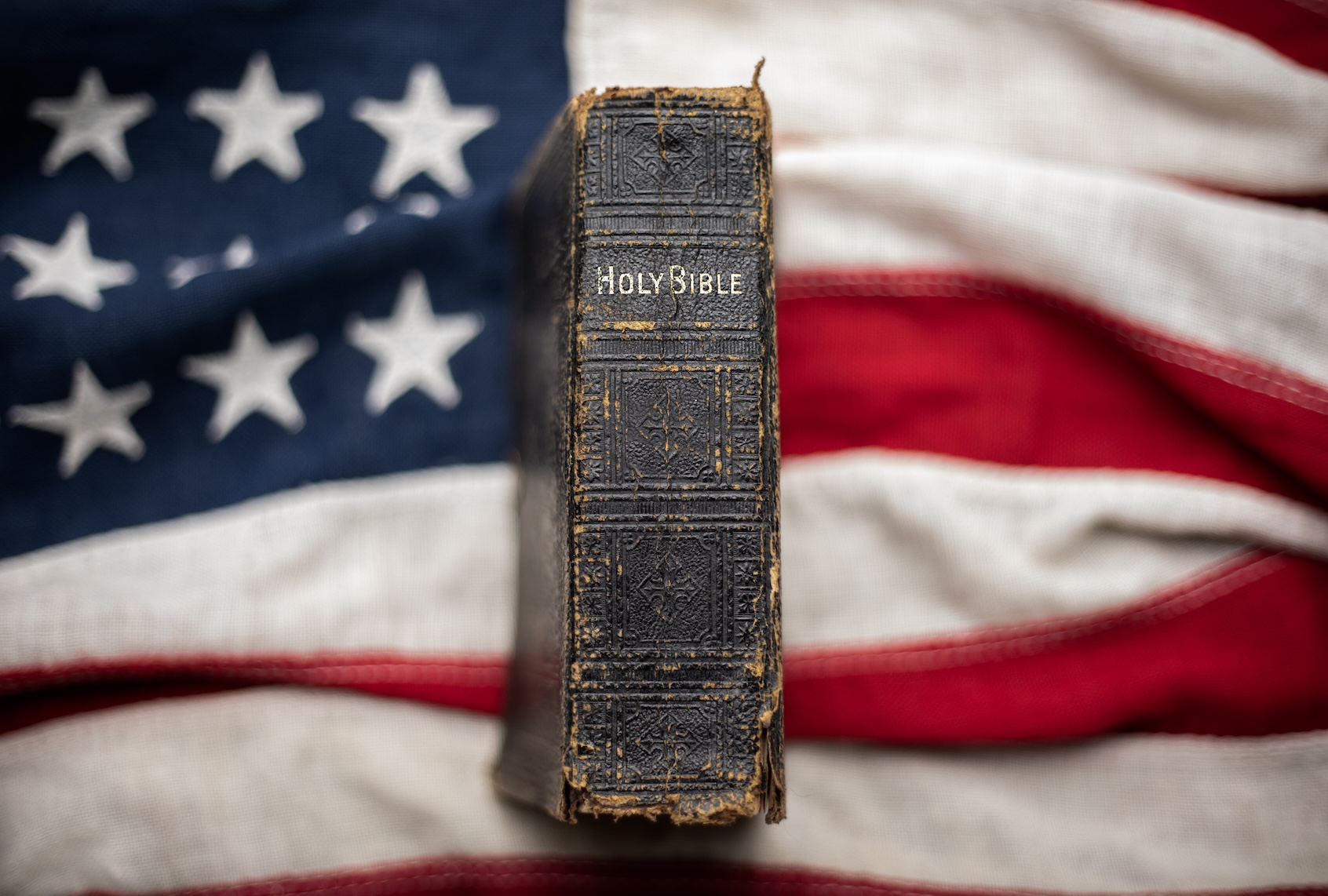World
Social Experiment Sparks Debate on Taxing Religious Institutions

Nikalie Monroe, a TikTok creator, has recently garnered significant attention for a series of videos she dubbed a “social experiment.” In her project, Monroe contacted various churches and at least one mosque, seeking assistance under the false pretense of having lost her Supplemental Nutritional Assistance Program (SNAP) benefits due to a government shutdown. She claimed to be struggling to feed her infant, despite being a mother of an eight-year-old. Monroe reported that around a quarter of the churches she approached provided direct aid, while those that directed her to food banks or resource centers were classified as having refused help.
The reactions to Monroe’s experiment were polarized. Some criticized her deceptive tactics as problematic and offensive, while others condemned the churches that declined to assist her. Notably, one pastor who offered immediate help garnered widespread commendation, resulting in approximately $95,000 in donations to his independent church in Somerset, Kentucky.
Taxing Churches: A Renewed Call for Reform
This incident reignited discussions among progressives about the taxation of religious institutions. Advocates argue that if churches are not actively engaging in meaningful public service, they should not benefit from special tax privileges. The appeal to tax religious organizations has grown, particularly since the Republican Party has increasingly aligned with Christian nationalism, especially under the leadership of former President Donald Trump.
Progressive activists have long asserted that removing tax-exempt status for churches could undermine the influence of the Christian right. The recent overturning of Roe v. Wade and the surge in state-level legislation affecting LGBTQ+ rights have been cited as evidence of the growing clout of this ideology. In June, the IRS announced that churches would be permitted to endorse political candidates, reversing a long-standing prohibition on political activity.
For many on the left, the push to tax churches represents a necessary measure to combat what they perceive as the government subsidizing a particular political movement through tax exemptions. Yet this perspective may overlook the complexities of the relationship between religion and public life.
The Implications of Taxing Religious Institutions
There is a prevalent belief among some secular Americans that taxing churches could diminish the influence of religion in public discourse. However, this argument may be fundamentally flawed. Taxing religious organizations could inadvertently empower the most reactionary institutions while jeopardizing those that provide essential community services, particularly in marginalized areas.
Historically, federal and state laws have exempted religious organizations from taxation to avoid government entanglement, as mandated by the First Amendment. Taxing these institutions could result in a financial burden that disproportionately impacts smaller, less affluent congregations, such as progressive mainline Protestant churches and immigrant-majority communities.
Many of these organizations operate on tight budgets and lack the resources to navigate complex tax regulations. The financial strain of taxation could force them to close their doors, depriving communities of vital support services, including food assistance and legal aid.
Furthermore, taxing religious organizations could lead to a consolidation of influence among wealthier, often more conservative churches. The end result may not be a reduction in the power of evangelical institutions, but rather an increase in their dominance, as smaller, progressive congregations struggle to survive.
In communities where social services are limited, houses of worship often play critical roles in providing support and fostering belonging. This was particularly evident during the Civil Rights Movement, where Black churches served as organizing hubs. The potential loss of these institutions could have far-reaching consequences for social cohesion in various communities.
As the discourse around Christian nationalism continues to evolve, the call to tax churches remains a contentious issue. While the sentiment behind “tax the churches” reflects frustration with the current political climate, practical implications suggest that such measures could ultimately exacerbate the very issues progressives seek to address.
In conclusion, while the anger driving the demand to tax religious institutions is understandable, the reality is more complex. A nuanced approach is necessary to navigate the intersection of faith and public policy, ensuring that the diverse landscape of American religion is preserved while addressing concerns about political influence and community support.
-

 Science4 weeks ago
Science4 weeks agoInventor Achieves Breakthrough with 2 Billion FPS Laser Video
-

 Health1 month ago
Health1 month agoCommunity Unites for 7th Annual Into the Light Walk for Mental Health
-

 Top Stories1 month ago
Top Stories1 month agoCharlie Sheen’s New Romance: ‘Glowing’ with Younger Partner
-

 Entertainment1 month ago
Entertainment1 month agoDua Lipa Aces GCSE Spanish, Sparks Super Bowl Buzz with Fans
-

 Entertainment1 month ago
Entertainment1 month agoMother Fights to Reunite with Children After Kidnapping in New Drama
-

 Business1 month ago
Business1 month agoTyler Technologies Set to Reveal Q3 Earnings on October 22
-

 World1 month ago
World1 month agoR&B Icon D’Angelo Dies at 51, Leaving Lasting Legacy
-

 Health1 month ago
Health1 month agoCurium Group, PeptiDream, and PDRadiopharma Launch Key Cancer Trial
-

 Entertainment1 month ago
Entertainment1 month agoRed Sox’s Bregman to Become Free Agent; Tigers Commit to Skubal
-

 Health1 month ago
Health1 month agoNorth Carolina’s Biotech Boom: Billions in New Investments
-

 Science1 month ago
Science1 month agoNorth Carolina’s Biotech Boom: Billions Invested in Manufacturing
-

 Top Stories1 month ago
Top Stories1 month agoFormer Mozilla CMO Launches AI-Driven Cannabis Cocktail Brand Fast









